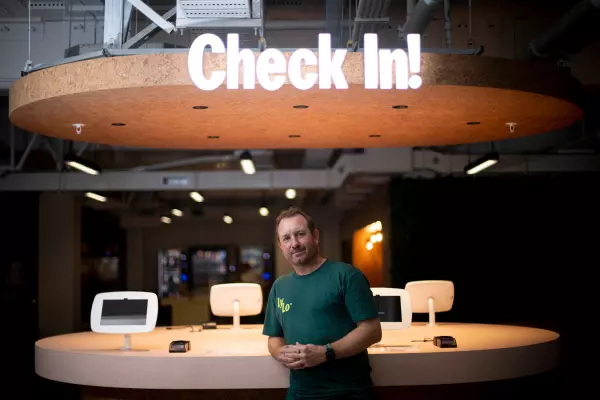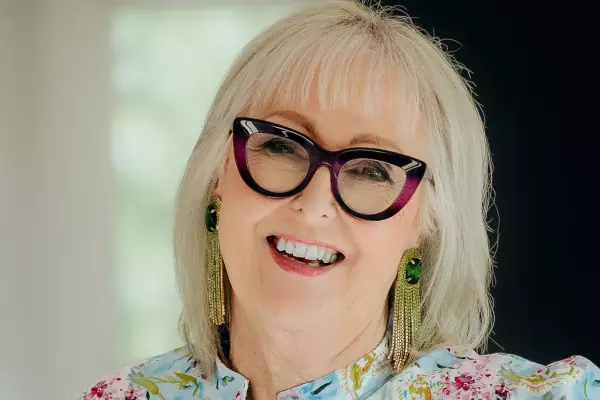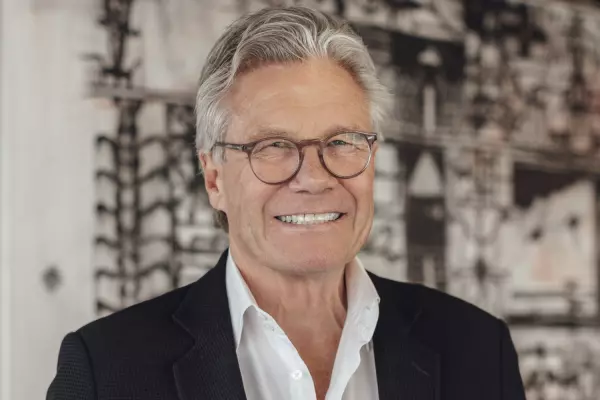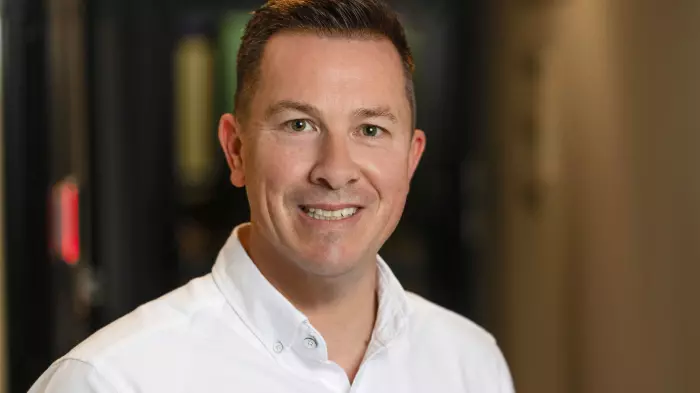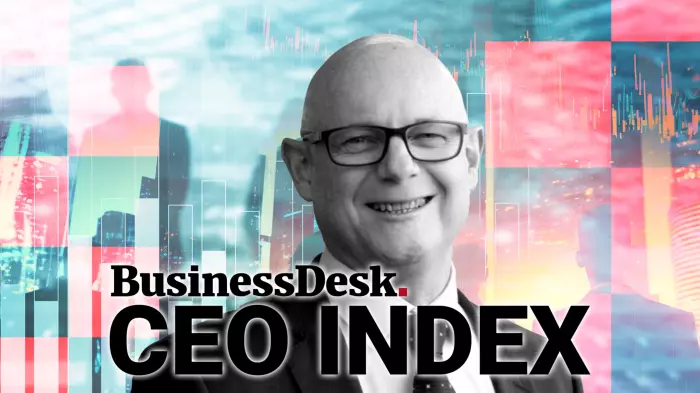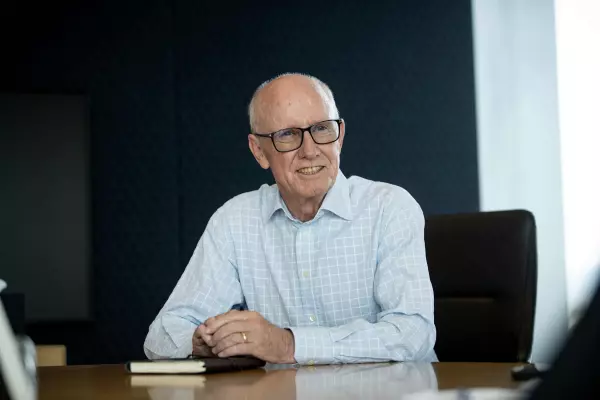Each fortnight, Victoria Carter speaks to a leader about failure and disappointment – and what they learned. Today she talks to the founder and chief executive of Simplicity, Sam Stubbs.
I was really disappointed ... when I didn’t get the job at the Super Fund. Adrian Orr got it. It was my dream job at the time, and a long shot when I applied, so to get shortlisted to one of two and not be picked was tough.
But here I am, 14 or so years on, and I’ve got an equally wonderful job.
My biggest regret ... is that I didn’t prioritise my children when they were little. I thought I was doing the right thing by providing lots of money, but I learned – not too late, fortunately – that nothing substitutes for time spent with your kids.
Giving up corporate life, a divorce, and a bit of trauma and crisis probably helped me see how important being a dad was. It’s a real balance challenge when two successful career people have children. We actually have a lifetime to work, but your kids are only there for 15, maybe 20, years. It’s not a wide window, not like your working life.
I describe this balance that you need with work, life and children as spinning plates. The children's plate is the biggest, and it needs a lot of spinning and is so worth it.
I think many people (me included, for a time) use the money to outsource parenting: expensive overseas trips, nannies, and private schools. It’s not necessarily a good choice. I thought I was doing the right thing. I’ve really put the time in since then.
If I could replay the early years, I would have evening meals altogether more often.
What do I think about failure? I think we need to worship failure more. In the US, people say, “I tried this, I failed, I tried this, it didn’t work, and then I did this and it’s turned into this.”
We have what I call an English middle-class attitude to failure and business – we always try to de-risk it, and look for easy routes. Maybe that’s why we have so many lawyers and accountants and so few entrepreneurs ... because too many parents wanted kids to have a safe and reliable job?
We must embrace and encourage failing, reassure kids it’s okay to try things and make mistakes, and teach them how to dust themselves off and try again. This stigma, the tall-poppy lawnmower we have, doesn’t help.
We need to hear more about failure. We need to see things that don’t work out as learnings, not emotional prisons.
My most embarrassing moment was ... I have so many! I thought I was pretty clever when I slagged off my headmaster with a joke, and then found out he was standing behind me. The joke was so bad even he laughed.
It’s where I learned a useful lifetime lesson that I am still working on: STFU (shut the bleep up). I can often open my mouth and inappropriately make a point. Gee, it probably held up my career by a few years when I left an angry voice message for a boss.
My worst moments are ... when I react emotionally, say, to an email. I’ve learned to leave it overnight or take three deep breaths. I’ve learned this by stuffing up!
What do I know? I know what I don’t know. My father used to say, “You learn nothing by talking!” I know that’s true.
What have your kids taught you? Your investment into people (or your children) is the best investment.
My daughter has taught me the power of unbridled enthusiasm and the force of energy. My son is the living embodiment of being happy in the moment and satisfied with what he is doing at that moment. His humility and not worrying too overly about the future impressed me.
What do I do in a crisis? I panic (on the inside), of course. The cortisol is pumping around, but I keep my game face on because, as the boss, people pay close attention to your response. If you show fear, it’s catchy.
One thing I notice, which might come with getting older, is that I panic a little less with each crisis. Maybe that’s wisdom – you’ve generally been there before and know what to do.




